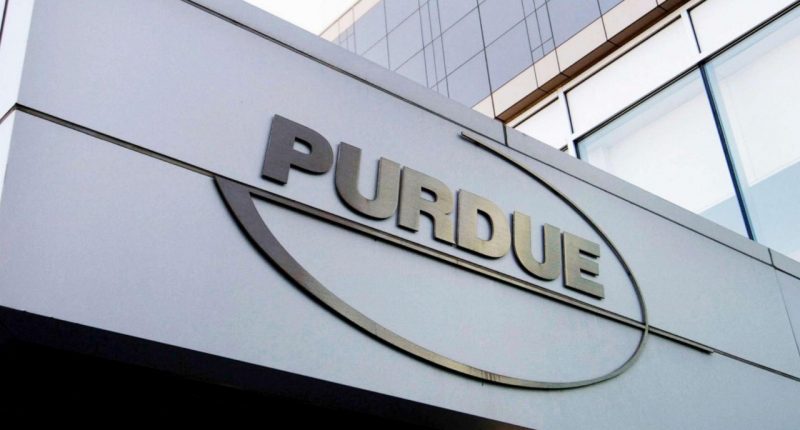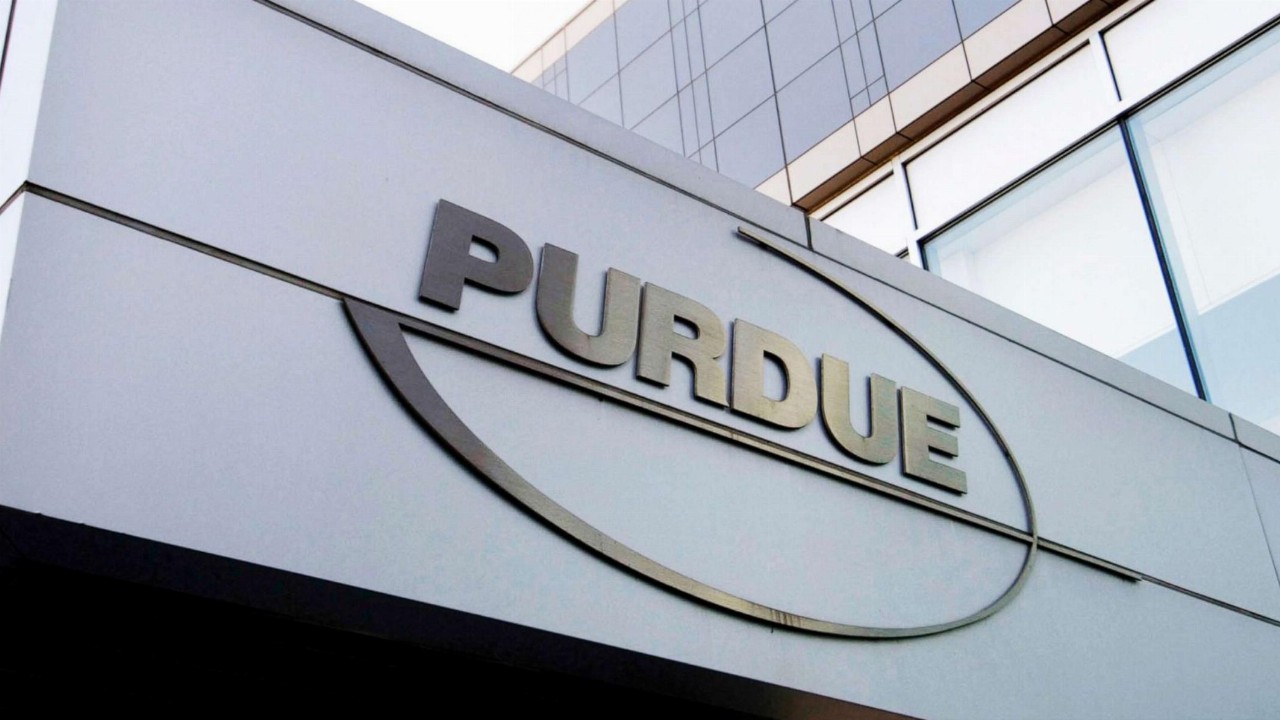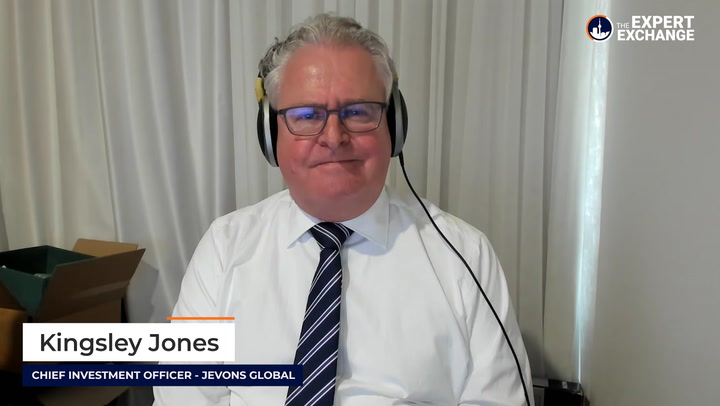- Connecticut-based Purdue Pharma will plead guilty to three separate criminal charges as part of a US$8 billion (around A$11 billion) settlement
- The three counts include conspiracy to defraud the United States and violating federal anti-kickback laws
- It’s one of the largest actions taken against drugmakers in a battle against an opioid crisis that’s claimed more than 470,000 lives since 2000
- Despite the size of the settlement, the U.S. Department of Justice has faced criticism for not properly holding accountable those responsible
- Purdue will transition to a public benefit company, governed by a trust tasked with balancing the company’s interests against those of the American public
Purdue Pharma, producer of the controversial painkiller OxyContin, will plead guilty to three separate criminal charges as part of a US$8 billion (around A$11 billion) settlement.
According to the U.S. Department of Justice (DoJ), the criminal counts faced by the Connecticut-based pharmaceutical giant include conspiracy to defraud the United States and violating federal anti-kickback laws.
The settlement represents one of the largest displays of federal action against major drugmakers, which are considered responsible for an opioid addiction crisis that’s caused more than 470,000 deaths across the U.S. since 2000.
As part of the deal with the U.S. Government, Purdue will concede that it falsely led the Drug Enforcement Administration (DEA) to believe that it was maintaining an effective program to avoid drug diversion, and that it provided inaccurate information to the agency to boost its manufacturing quotas.
A DoJ official, who spoke on the condition of anonymity, said Purdue had been “disregarding red flags their own systems were sending up” when it came to the impact of OxyContin.
The company will also admit that it had paid doctors in an effort to encourage more prescriptions for its drugs.
As part of the settlement, Purdue will pay roughly US$225 million (around A$315 million) to the U.S. Government, and will be subject to a US$3.54 billion (about A$5 billion) criminal fine. A further US$2.8 billion (approximately $4 billion) in damages will also be required to resolve the company’s civil liability.
Despite the size of the settlement, the deal has faced criticism from Democratic members of Congress, who wrote to the U.S. attorney general, William Barr, claiming that it did not hold Purdue’s executives and owners — the wealthy Sackler family — properly accountable.
“Millions of American families impacted by the opioid epidemic are looking to you and your Department for justice,” a letter said on behalf of the 38 members.
“If the only practical consequence of your Department’s investigation is that a handful of billionaires are made slightly less rich, we fear that the American people will lose faith in the ability of the Department to provide accountability and equal justice under the law,” the statement read.
According to a 2019 court filing, the Sackler family had made up to $18 billion from the sale of OxyContin. Although, that figure was disputed by a lawyer who said that much less had been received after taxes and reinvestments.
What the deal will achieve, however, is the transition of Purdue to a public benefit company. This means it would be governed by a trust tasked with balancing the company’s interests against those of the American public and public health.
The Sacklers would not be involved in the new company, and the money from the settlement would fund medically assisted treatment and other drug programs to combat the opioid crisis.
Purdue would also be required to cooperate with an ongoing federal investigation and other potential prosecutions.








